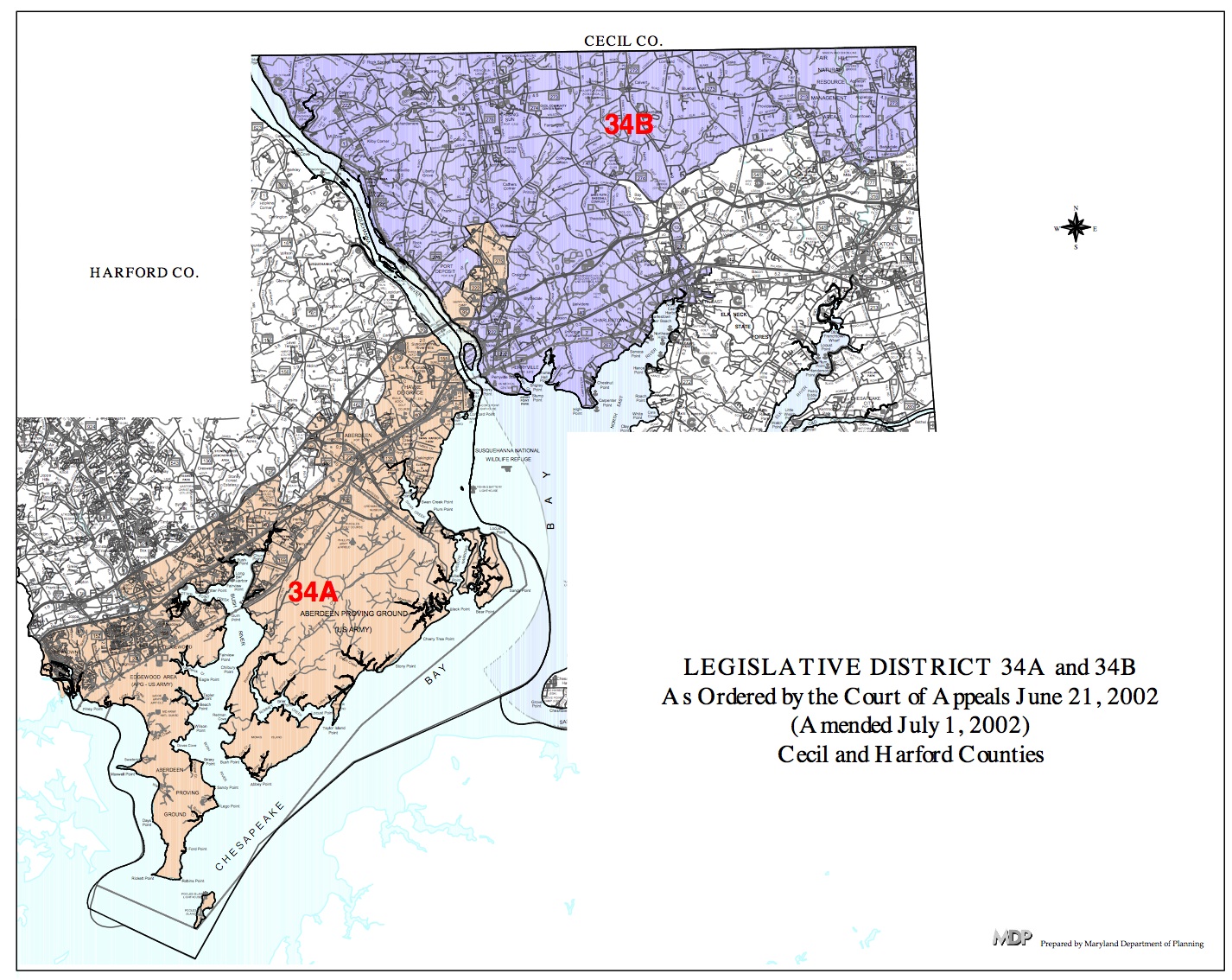The Presidential
Maryland was made for Hillary Clinton. She has done very well among African-American voters, who form 30% of the State’s population and will comprise a higher share of Democratic primary voters. The exit polls from 2008 indicated that women composed a staggering 62% of the primary vote, another good demographic for Clinton this year.
Finally, Bernie Sanders is running as an anti-establishment candidate in a State where many primary voters literally live inside the Beltway. While the Obama campaign swept many of these same areas in 2008, there is no remotely parallel wave for Bernie Sanders.
On the Republican side, I suspect Trump will have a good night. Class dynamics are unusually inverted in Maryland with many upper class Democrats and working class Republicans, who have provided the backbone for Trump’s support elsewhere. Will Gov. Larry Hogan end up having to explain whether he’ll support Trump to the same Republican coalition that elected him?
The U.S. Senate
In Maryland, the presidential primary has ceded marquee status to the hard fought battle between Donna Edwards and Chris Van Hollen. It has become a battle between the uncompromising progressive and the person who gets progressive results.
EMILY’s List upped the octane in this race by dumping millions on the side of Edwards, providing the bulk of her campaign funding. No doubt this has been a unpleasant surprise for Van Hollen, who likely expected to dominate due to his fundraising prowess and has enjoyed strong support from women’s groups in the past.
Lately, however, these advertisements have become a mixed blessing, as bizarre attempts to characterize Van Hollen as opposed to gun control or campaign finance provoked a backlash from the White House and critics. See Jonathan Shurberg’s excellent summary.
Edwards has been hoping that her compelling personal story, ability to bring some diversity to the Senate, and strong progressive credentials will help her unite progressive white and African-American voters into a winning coalition.
However, after months of a tight race, polls indicate that Van Hollen is pulling ahead but the voters will have the ultimate say tonight. If he does become the Democratic senatorial nominee, commenters will likely point to several factors.
First, I don’t think Edwards has convinced voters that she is more progressive than Van Hollen in any meaningful way. Van Hollen has also managed to sell the argument that he is not just progressive but accomplishes progressive goals more compellingly than Hillary Clinton in the presidential race.
Next, Edwards has not obtained support from key African-American officials, like County Executives Rushern Baker and Isiah Leggett. The silences from Rep. Elijah Cummings’ office and the Congressional Black Caucus are also deafening. Edwards has nonetheless done an impressive job uniting black support across the State, particularly in light of these gaps in her support base.
As she goes into the final stretch, Edwards has hammered home her personal story and that she would be only the second black woman in the Senate. No one could seriously argue against the desirability for more diversity in the Senate.
But the dominance of this argument risks reducing her campaign to only identity politics. It needs leavening with other elements to sustain substantial cross-racial appeal even though the Black Lives Matter movement gives it a natural energy that could still make this a close race tonight.
I know too little about the Republican race to comment.








